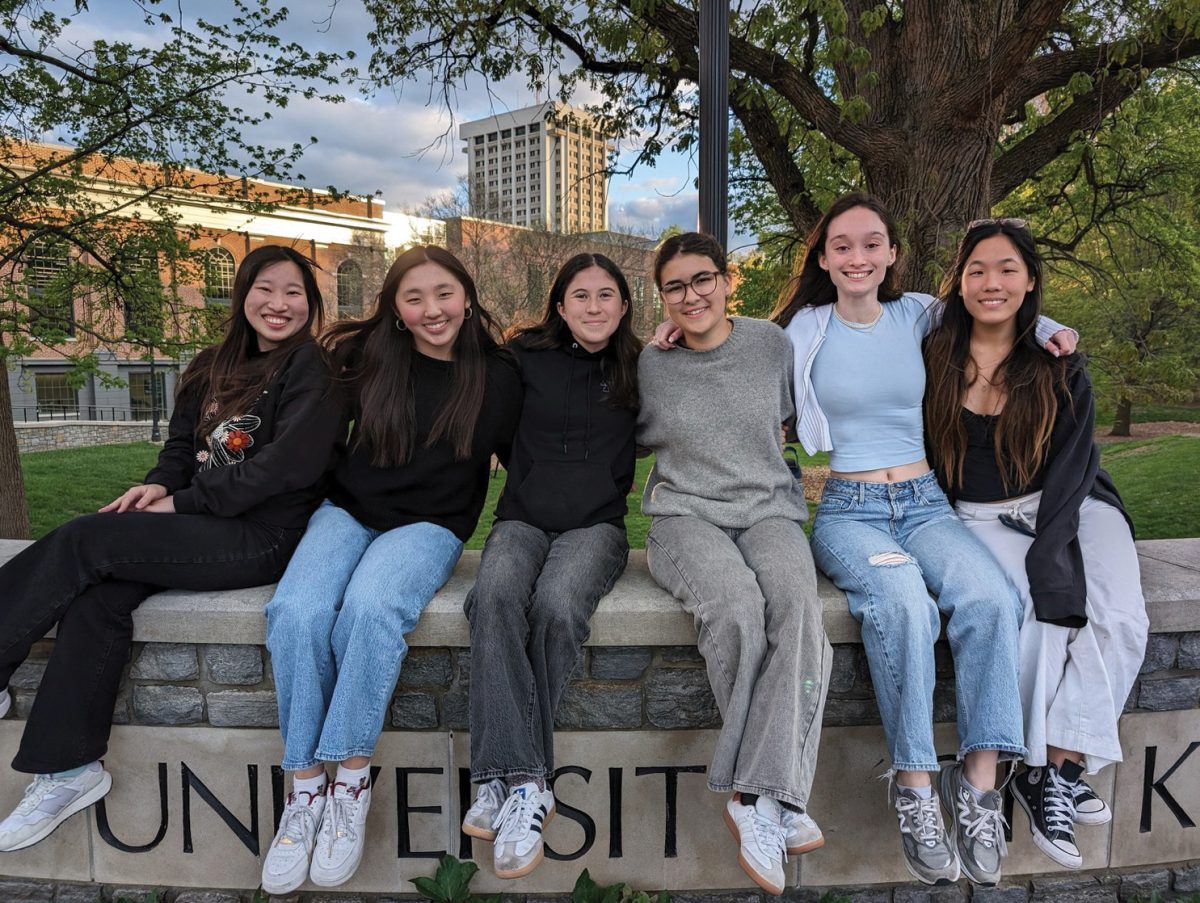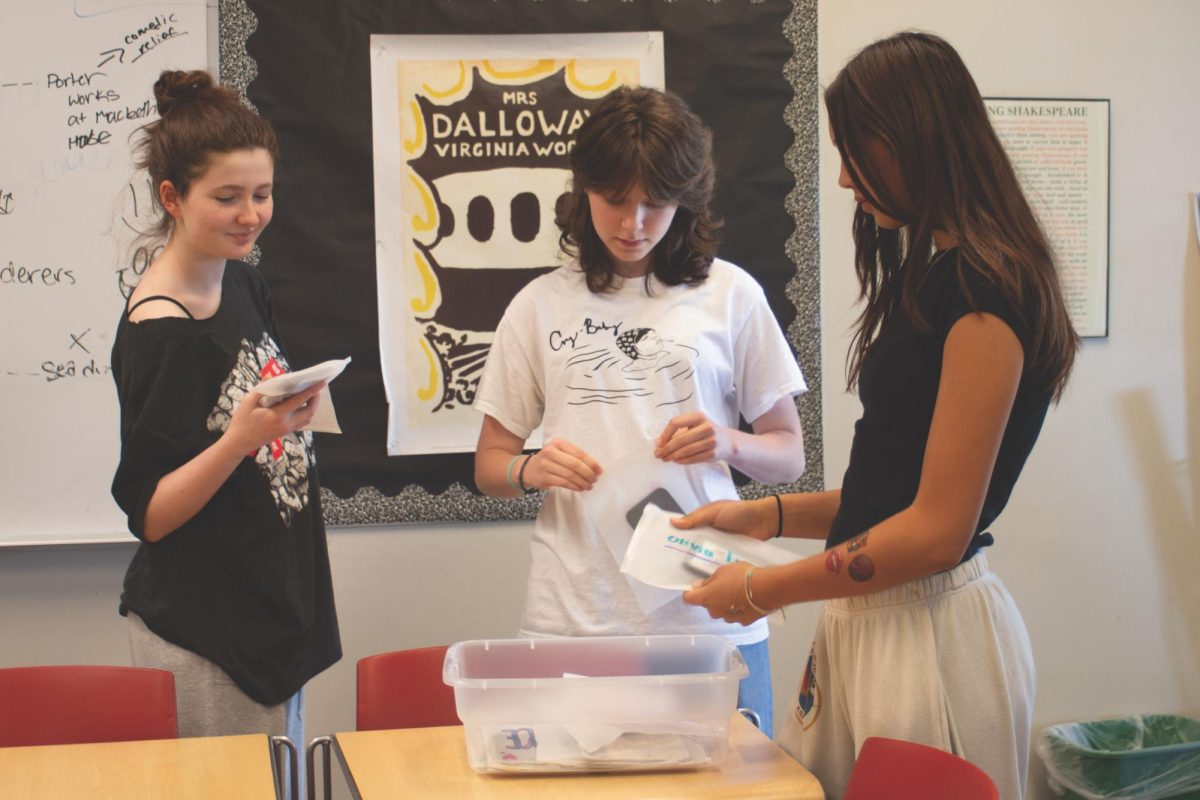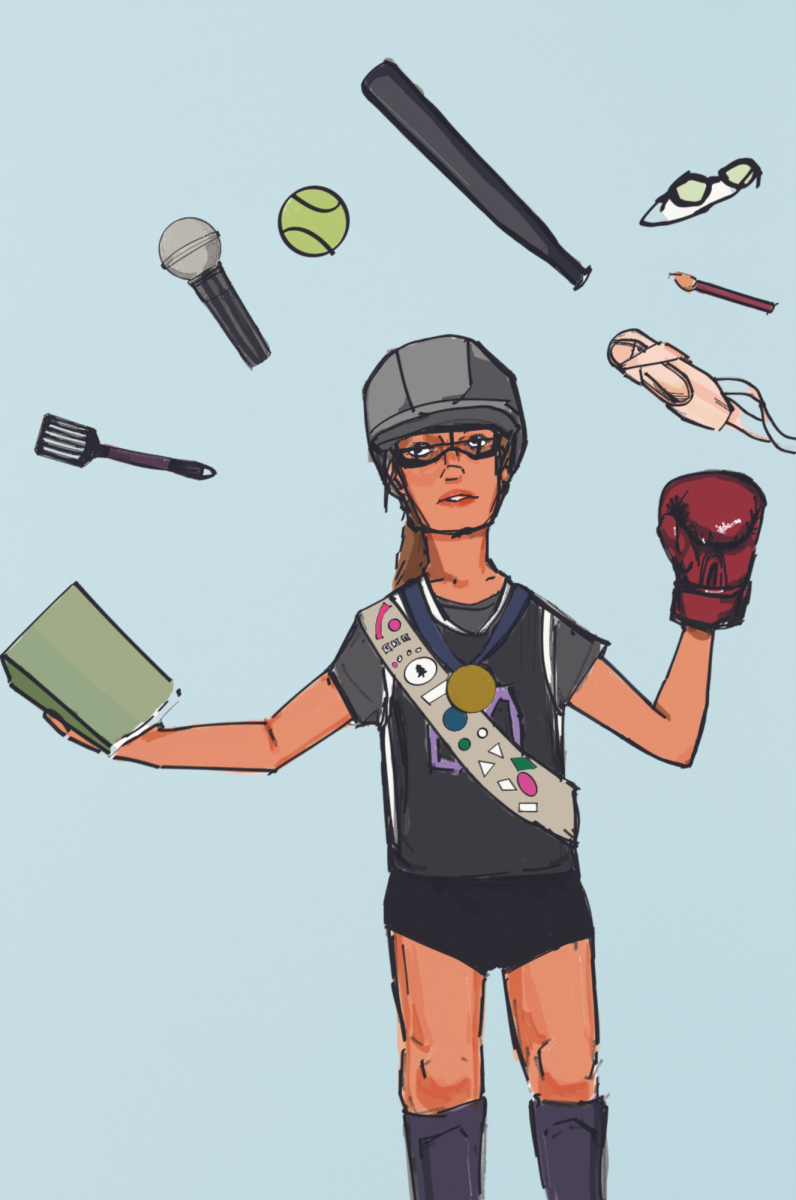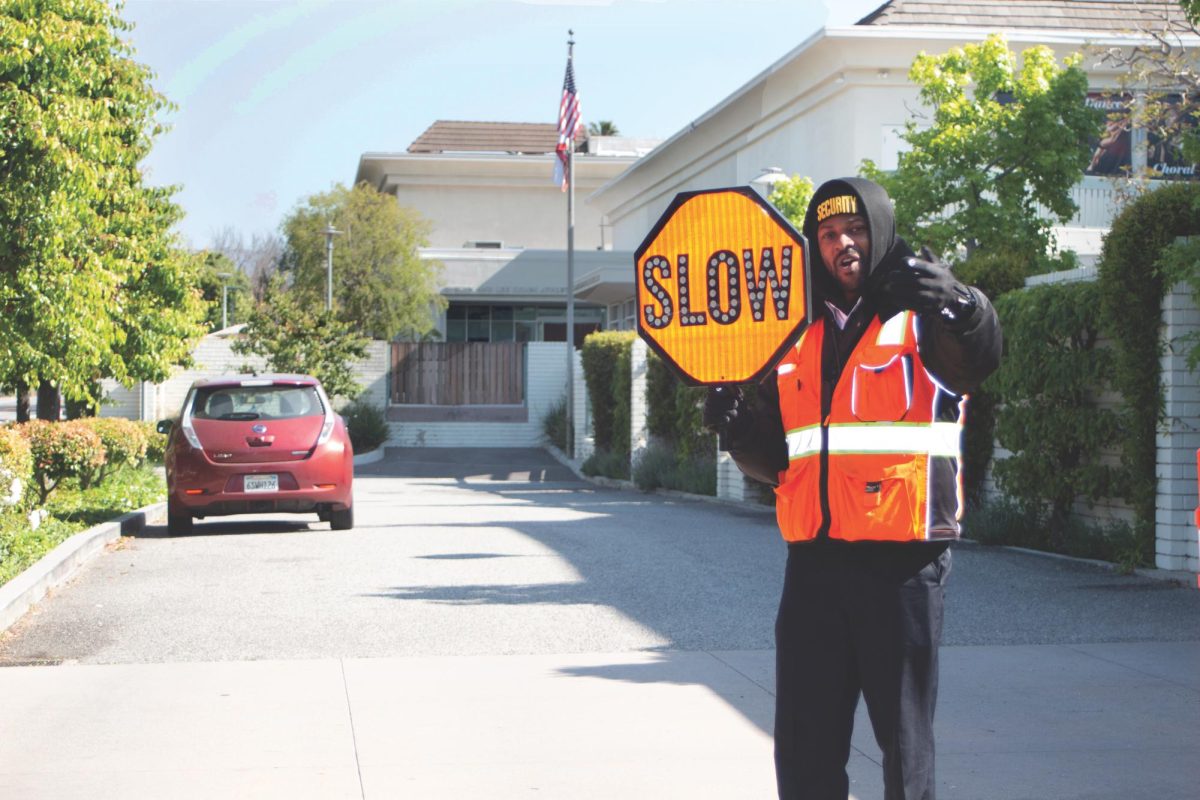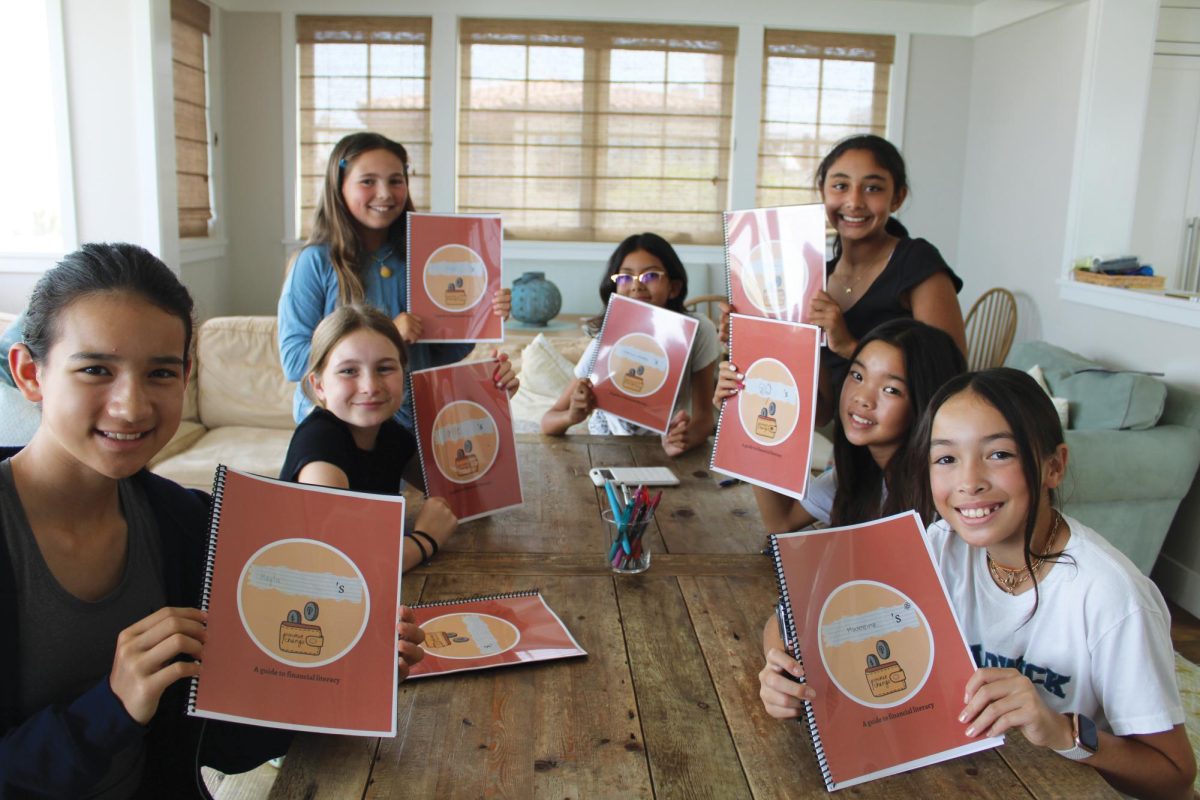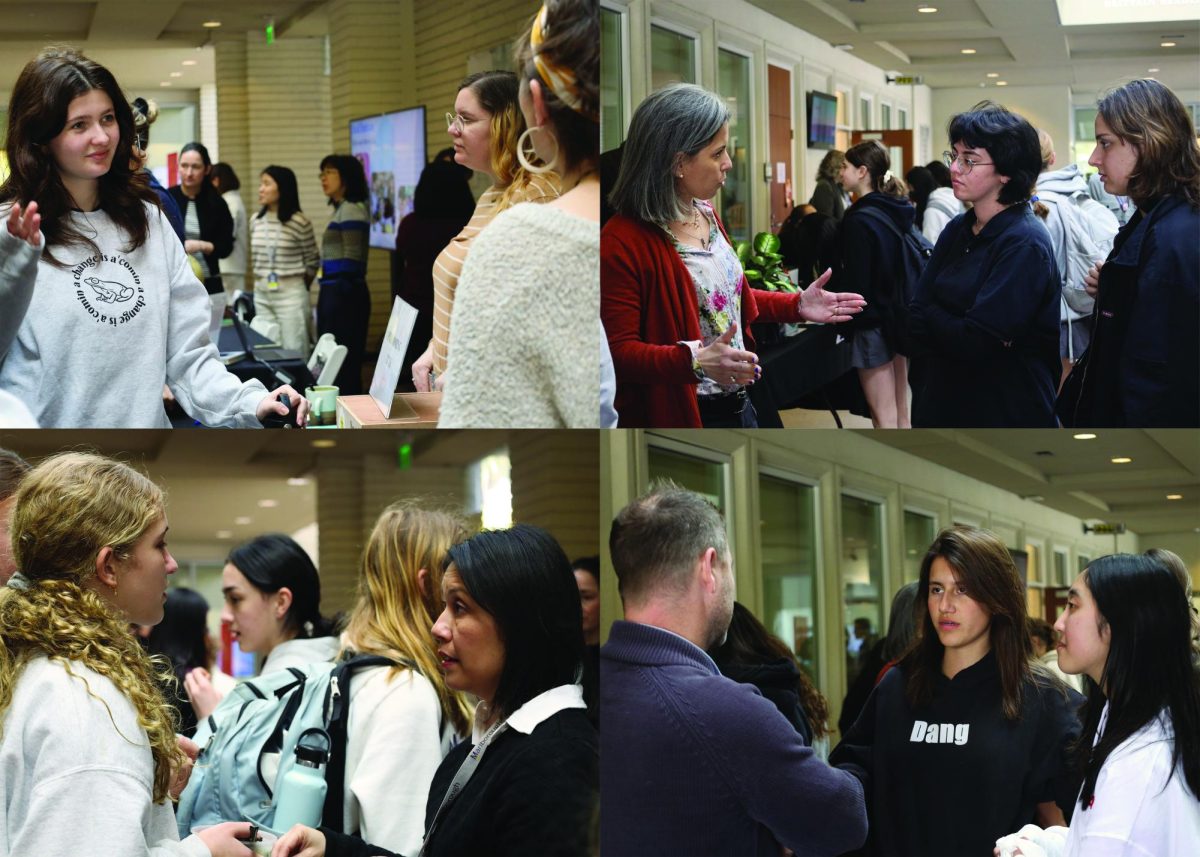The History and Social Sciences Department is developing educational programming to inform and engage students in politics as the 2020 election year approaches. The initiative, spearheaded by a faculty subcommittee, will be open for all grades and party alignments.
Although no specific programs have been solidified yet, Debate Program Head Adam Torson, a member of the three-person subcommittee along with history and social sciences instructors Jenna Corliss and Josiah Cameron, said he wants the Marlborough community to begin preparing for the upcoming March 3 primary election.
“The wrong course of action is to attempt to bracket or sideline controversial things because they’re controversial and we don’t want the conversation,” Torson said. “The result is that it spills out in ways or places that are not healthy or productive.”
History and social sciences instructor Dr. Catherine Atwell, who oversees Honors Research projects in social science and the humanities, said she hopes the history curriculum in each grade stimulates conversation and independent thinking.
“We, as a department, see it as part of our mission to engage the Marlborough community at large to help students be informed citizens and help everyone in the community become informed citizens,” Atwell said. “It’s both a privilege and a responsibility to learn about these issues and learn how to engage respectfully and thoughtfully with them. With that privilege of having the opportunity to learn about it means that you should.”

The Department has incorporated an emphasis on current events into all history courses offered, a measure which Atwell said is “another way to build civic engagement and awareness of issues that might relate to the elections.”
While Atwell hopes to introduce politics-based analytical skills within existing curricula, she said she also wants to encourage bipartisan empathy in the context of controversial conversations.
“If you know that an issue is going to be very painful for someone, the way that you would want to approach them, even if you yourself are on the winning side of that issue, is with compassion,” Atwell said.
While faculty do hope to foster an environment of tolerance and respect, Right to Assemble Co-President Gabi ‘20 said that she would also encourage the administration to maintain a nonpartisan approach, despite the political leanings of the student body.
“I don’t think the administration should be taking political stances… because I do think it’s unhealthy to be in an environment where people are parroting what their parents are saying, parroting what their teachers are saying and do not have opportunities to form their own opinions about issues,” Gabi said. “I think that can be a little bit dangerous.”
Torson stressed that students should find their own means of engagement during the coming year, whether or not they are of voting age. He said he hopes the forthcoming political programming will serve as an outlet for all students, and suggested that affinity groups or social action-focused clubs in particular should also prompt discussion on campus in the coming months.
Gabi, who is exploring trends in unregistered voters through Honors Research, said she agrees that students should be as informed as they can be going into an election year, regardless of their political leanings. Right to Assemble held text banking training sessions on campus prior to the midterm elections, and Gabi said she hopes to do so again in 2020.
“Especially for the primaries, there are so many [candidates], and to actually understand the differences between those is just as important as understanding the opinions of someone of a different party,” Gabi said.
Gabi worked at the polls in previous elections and canvassed for Democratic candidates in Southern California. She also devoted time during the 2018 midterm elections to text banking regarding political issues, reaching countless voters across the country. Even for students that are under 18 years old, she recommends finding ways to be active in the political landscape.
“While most of our students can’t vote, all of our students have a voice,” Torson said. “It’s going to be an awfully important election, so I think folks are going to regret it if they don’t say something at this critical moment, regardless of where they sit on the political spectrum.”


